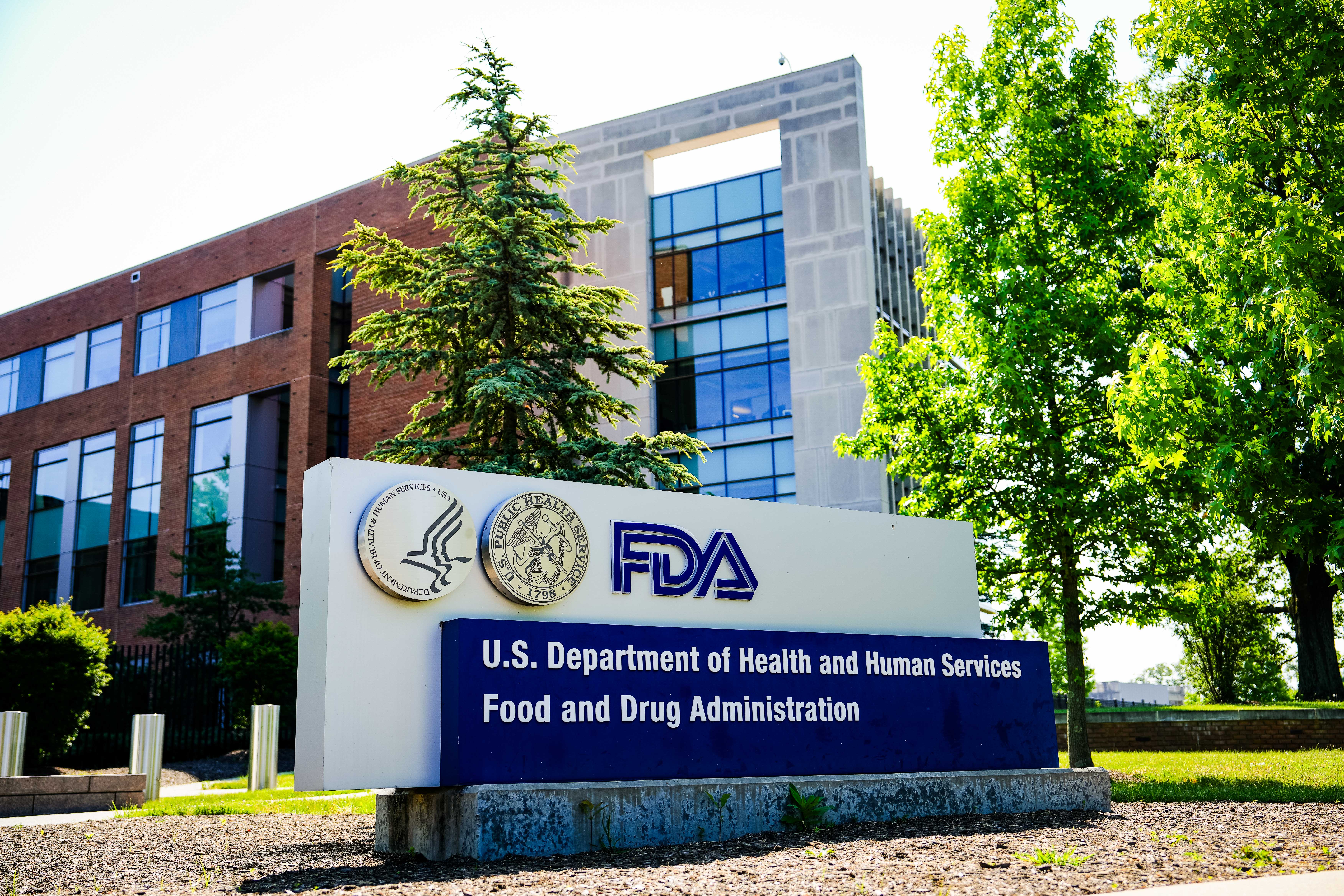FDA System Unable to Identify Risk of Heart Inflammation After COVID-19 Vaccination: Agency
The Food and Drug Administration admitted internally it couldn’t assess risk of known COVID-19 vaccine side effect.
The U.S. Food and Drug Administration could not provide information on a confirmed side effect of the Pfizer COVID-19 vaccine, according to a newly disclosed document.
The FDA’s Sentinel program was described in the document as “NOT sufficient to identify the outcomes of myocarditis and pericarditis due to reasons identified.” Pericarditis is inflammation of the pericardium, or the membrane around the heart.
There weren’t enough people in the program to assess the risk for 12- to 30-year-olds, the population discovered to be most at-risk from post-vaccination myocarditis, or heart inflammation, FDA staffers said. Assessing whether people who suffered from the condition had recovered, and following them long-term, was also not feasible because the program’s data sources “do not have sufficient longitudinal data on patients,” they said.
Studying subclinical myocarditis, or heart inflammation without clinical symptoms, was also not able to be done with the data “because of the absence of a definition of subclinical myocarditis and unknown background incidence of troponin abnormalities,” the document stated.
“It is shameful that the Sentinel Program electronic database that FDA officials use to monitor reported vaccine side effects appears to have failed to adequately assess the magnitude of risk of heart inflammation (myocarditis and pericarditis) in children and adults aged 12 to 30 that occurred after receipt of Pfizer COVID shots. It also looks like heart inflammation cases were not appropriately followed up to find out how many people suffered permanent heart damage,” Barbara Loe Fisher, co-founder and president of the National Vaccine Information Center, told The Epoch Times in an email.
The FDA declined to comment.
The document also said that information on post-vaccination myocarditis, pericarditis, and subclinical myocarditis would be coming from studies that Pfizer was conducting, in lieu of FDA surveillance.
Monitoring Systems
The CDC and the FDA have repeatedly claimed the COVID-19 vaccines are closely monitored. The CDC on its website, for instance, says that the vaccines were subject to “the most intense safety monitoring in U.S. history.”
But the failure of Sentinel to provide data on a known risk is just one piece of data that undercuts that claim, according to Elizabeth Brehm, a partner at Siri & Glimstad LLP, which represents ICAN.
“Without a diagnosis, these types of consultations can be very unfulfilling for the provider and patient; the assessment of causality is typically ‘indeterminate’ as to whether a vaccine caused or contributed to an adverse event,” a CDC official wrote in another email about that system.
“When you really look at the ‘system’ collectively and what they say about it themselves, the question remains: what is an adequate safety surveillance system used by our authorities that provides reliable data to FDA and CDC concerning vaccines?” Ms. Brehm told The Epoch Times via email.
The CDC has said government systems have been useful, including helping detect the problem of thrombosis with thrombocytopenia syndrome after Johnson & Johnson vaccination and providing information on myocarditis after Pfizer and Moderna vaccination.
This article has been archived for your research. The original version from Epoch Times can be found here.






